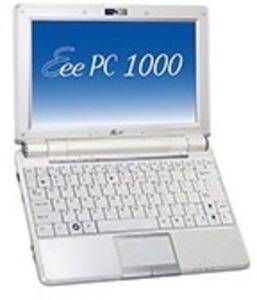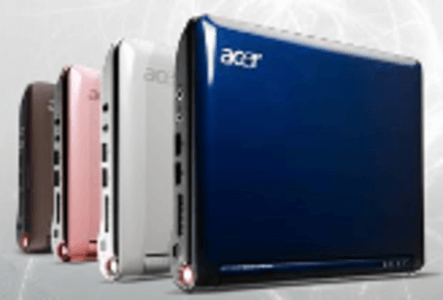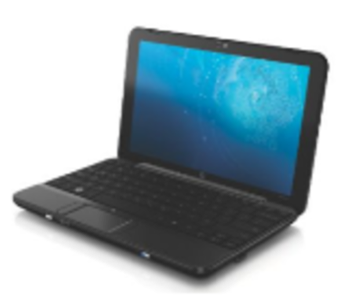It’s the perfect storm. Computer manufacturers have figured out how to produce lightweight, low-end machines that cost very little just as the economy takes a big tumble. Meanwhile, software applications that once needed robust hardware to run are now moving to the cloud. The result? An explosion of netbooks, the “sub-compact” car of notebook computers, most of which don’t cost too much more than the average smartphone.

When buying a netbook today, you’re presented with two options for the OS: Windows XP or Linux. One of those options is less expensive than the other, and that just may be all it takes to get people to choose the Linux machine instead.
Linux Makes Netbooks Even More Affordable
In the rest of the computing world of desktop computers and mainstream notebooks, you’re typically choosing between Windows Vista or Mac OS X, but in the world of netbooks, it’s Linux or XP. Those two operating systems are perfect for netbooks thanks to their lower CPU and power requirements.
For those pinching pennies (and who isn’t these days? ), the Linux netbooks are even more affordable than their XP counterparts, typically falling into the $300-400 range. If you’re already doing most of your computing in the cloud – that is, you use webmail, create and edit documents using a service like Google Docs or Zoho, store your photos online at a site like Flickr, and, most importantly, don’t need to run a bunch of software programs on your desktop, the Linux computer is now looking more like a viable option than before – and one that saves you a bit of change too. Just look at these prices: the Acer Aspire One ($399), the HP Mini 1000 ($379), the Dell Inspiron Mini 9 ($349), and the MSI U90X ($369).

Breaking Into Mainstream
As any Linux fan will tell you, the beauty of this OS is its stability. These Linux machines don’t crash, boot quickly, and are generally known to be all-around reliable computers.

However, there are still a few folks out there who are going to go with the XP option for familiarity’s sake. There’s comfort in knowing that your peripherals will work and that you could run Windows-only desktop software if you needed to. Although there are tons of open source alternative software programs out there, an average computer user isn’t likely to know what those are or how to find them.
Those issues still stand in the way of mainstream adoption, and have led some buyers to return their PCs to the manufacturers. An MSI executive, Andy Tung, recently reported on the high return rate of the Linux machines, saying: “Our internal research has shown that the return of netbooks is higher than regular notebooks, but the main cause of that is Linux. People would love to pay $299 or $399 but they don’t know what they get until they open the box. They start playing around with Linux and start realizing that it’s not what they are used to. They don’t want to spend time to learn it so they bring it back to the store. The return rate is at least four times higher for Linux netbooks than Windows XP netbooks.”
The Linux PCs may also end up getting a run for their money when Windows 7 is released to the wild as that OS is netbook-ready and easy on the CPU, memory, and battery use, according to the news coming out of this year’s PDC.

Linux Gets A Foothold
That being said, this move to netbook computing is offering Linux a foot in the door of mainstream computing in a way that may have never been possible before. Without the economic crisis to factor in to people’s spending decisions, people probably wouldn’t have considered the Linux option as strongly as they’re doing today. When every dollar saved counts, the decision to go Linux may be more about cost savings than anything else, but that might be what it takes to get people to try the OS computer geeks have been raving about for years.
Are you going to buy a Linux or XP netbook? If so, tell us which ones you like and what’s factoring into your decision.










